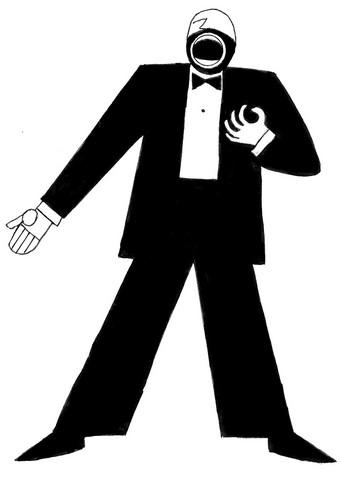Lovely Yorkshire
 It was a good eventful week around here:
It was a good eventful week around here:Tuesday was my first graduate recital (I’ve got to do 3). It was all music of the "new-Broadway" composers that I was studying last term. It was a tough program because it demanded a lot of things vocally that were a bit different for me. Plus, it is sometimes hard to do a recital of mainly theatre music, because it can become tiring. Still, it was an enjoyable experience and I think I accomplished most of what I set out to do. If nothing else, at least some of this music was able to be heard by a wider audience...
I celebrated Mozart’s big 250 with a lovely concert of violin sonatas on Wednesday. They were done with fortepiano which added to the sonic experience. I didn’t know these pieces before and it was a treat to hear them done well. My particular favourite was the G major K.379. It had a gorgeous and expansive slow first movement which suggested (to me anyway) Beethoven. Mozart is balm for the soul. It’s too bad a lot of young musicians I know find him boring...
Yesterday I went on a hike in the Yorkshire Dales (see picture above). It was a perfect day for hiking, even if it did get a bit warm with the steep climb and brilliant sun. This was through the outdoor society at the University, to whom you can pay a small fee to be bussed to lovely Yorkshire spots for a day of hiking. We had a good turnout today and everyone was a good sport despite it being icy and slippery in spots. I thoroughly enjoyed getting out of York and seeing a bit more of the English countryside. Hope I’ll get out a few more times before the year’s out...
Interesting article in yesterday’s Guardian about a recent move by the Association of British Orchestras to launch a Healthy Orchestra Charter. Wonder if something like this is on the way in the U.S. or if the orchestra unions have more power over work conditions there. Now if only we could do something about the sometimes appalling conditions that choirs are forced to deal with...

